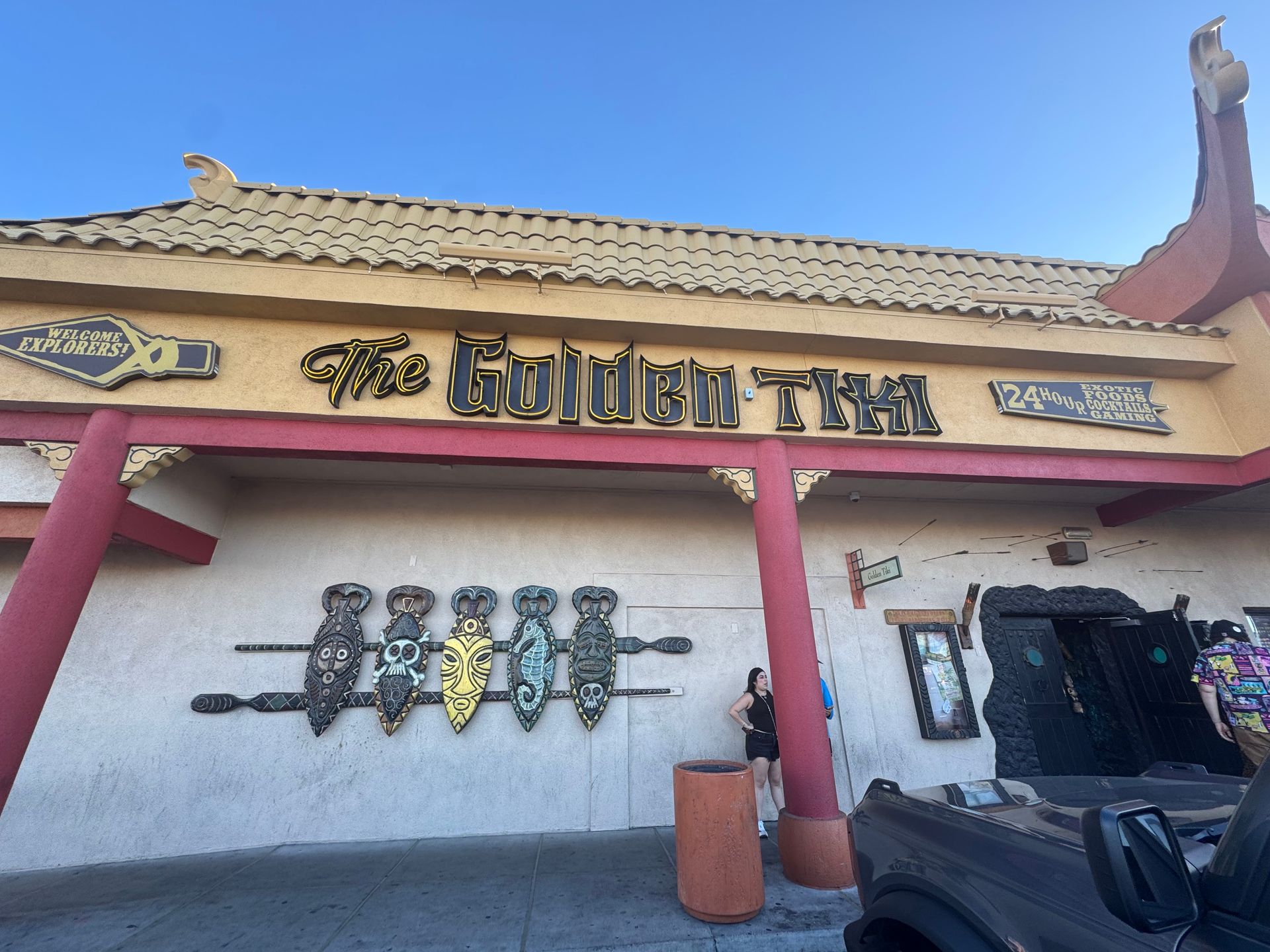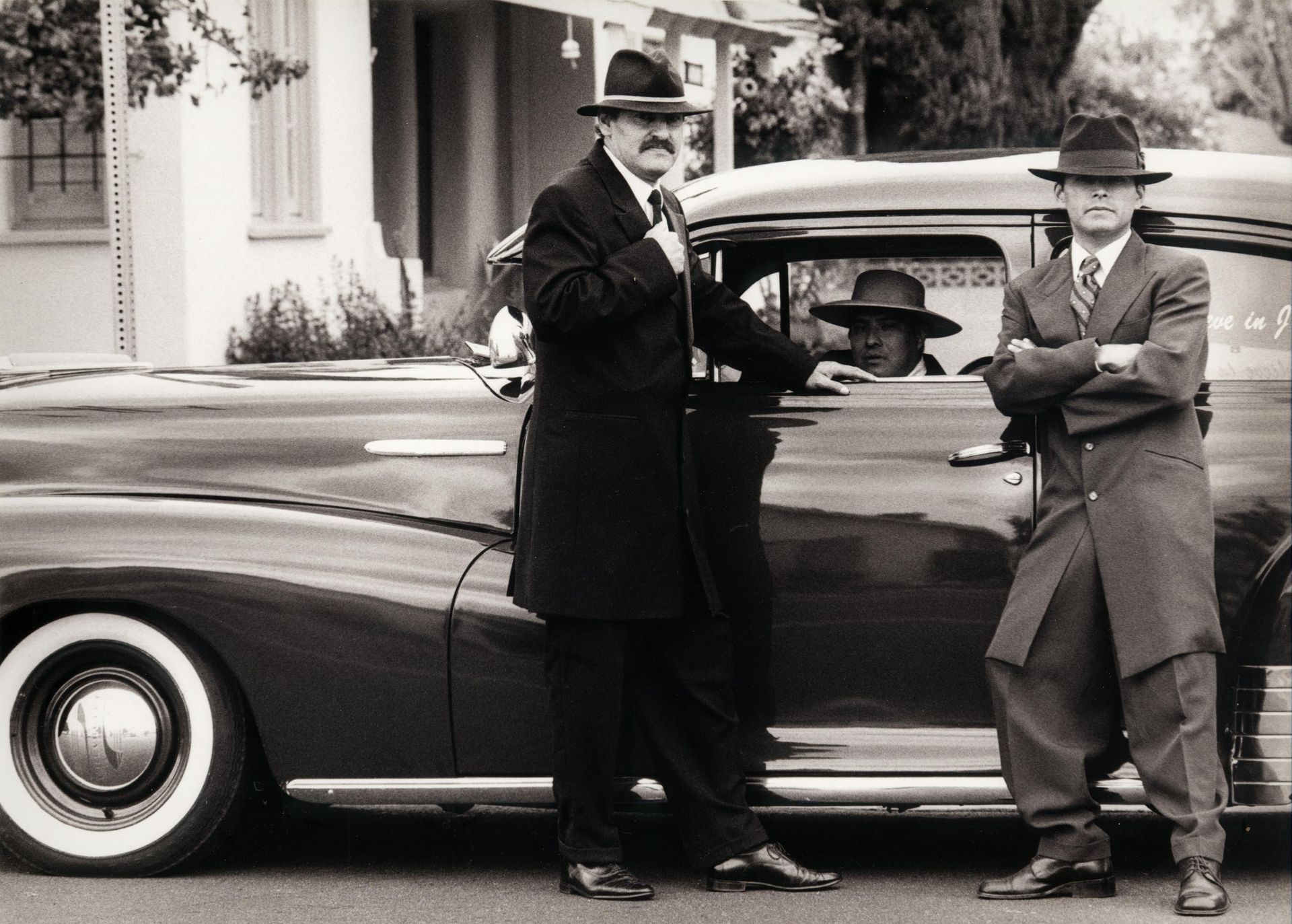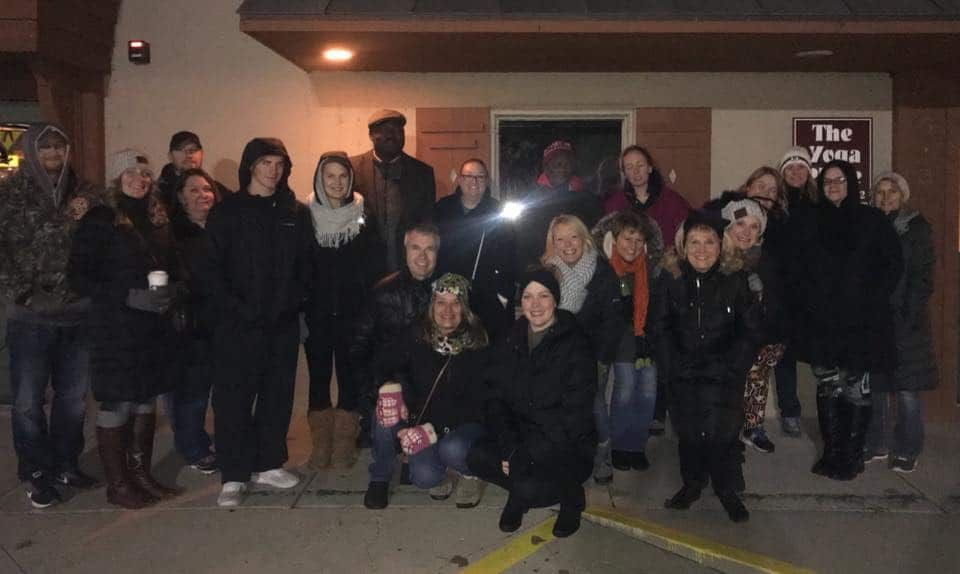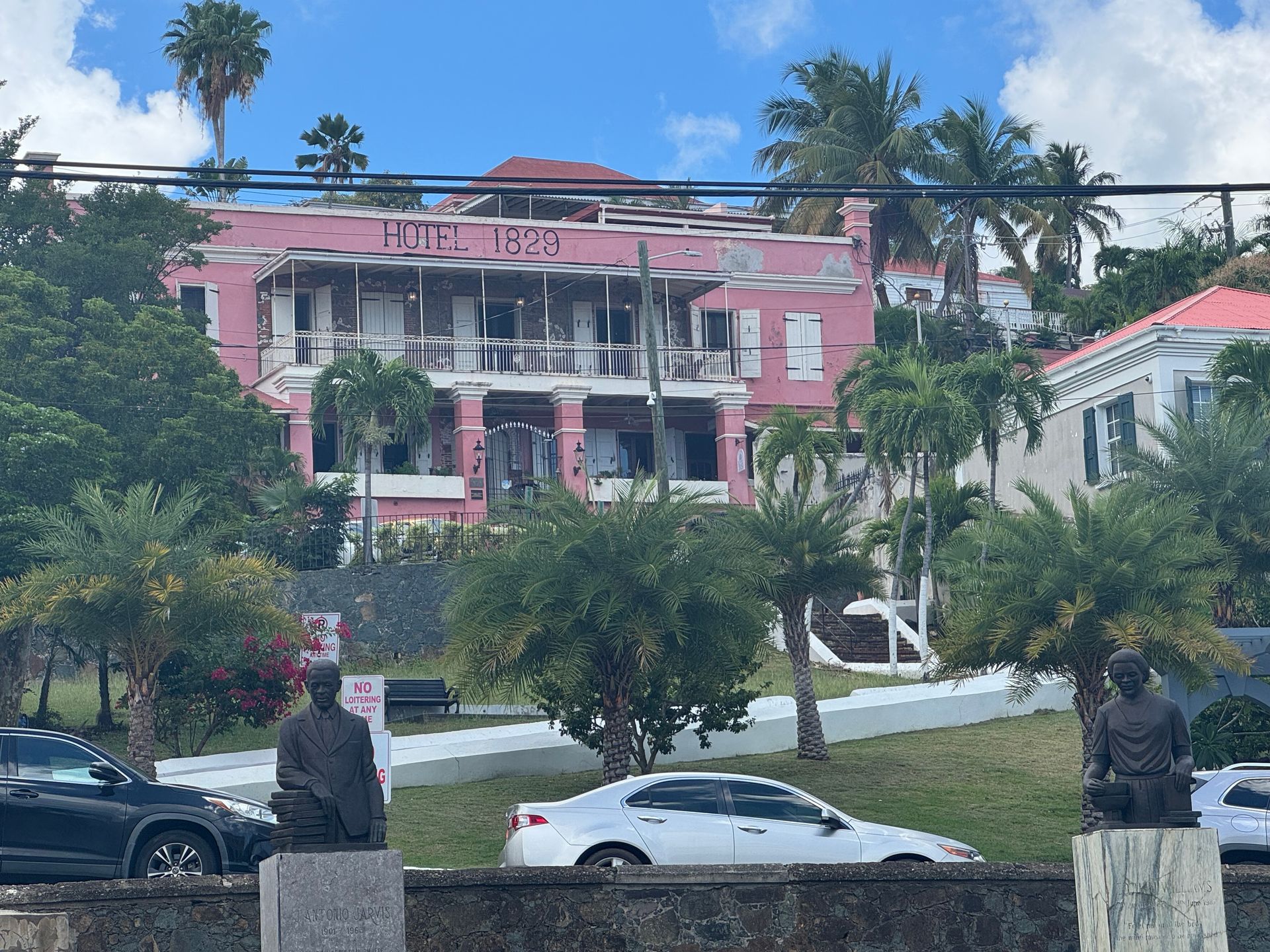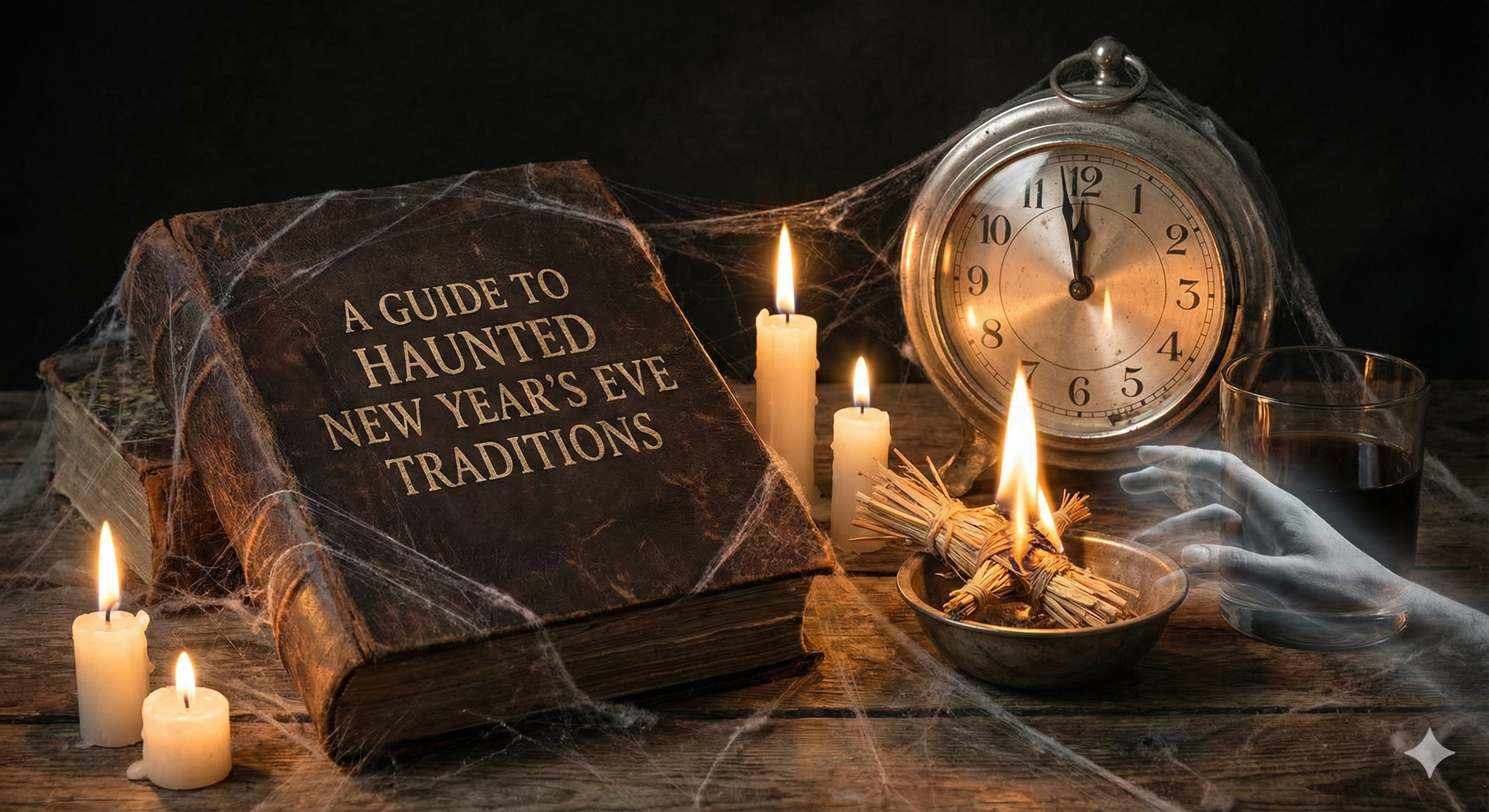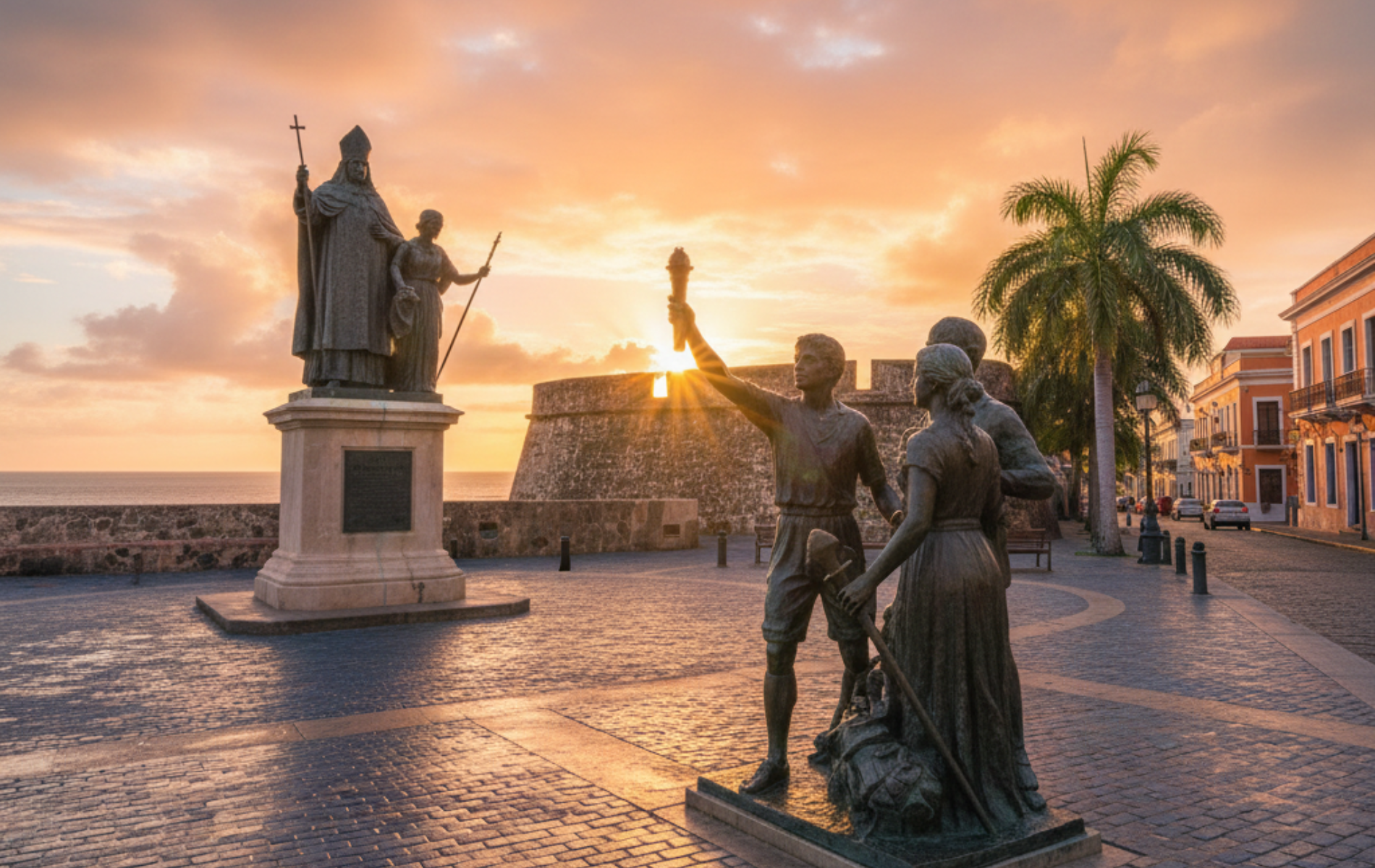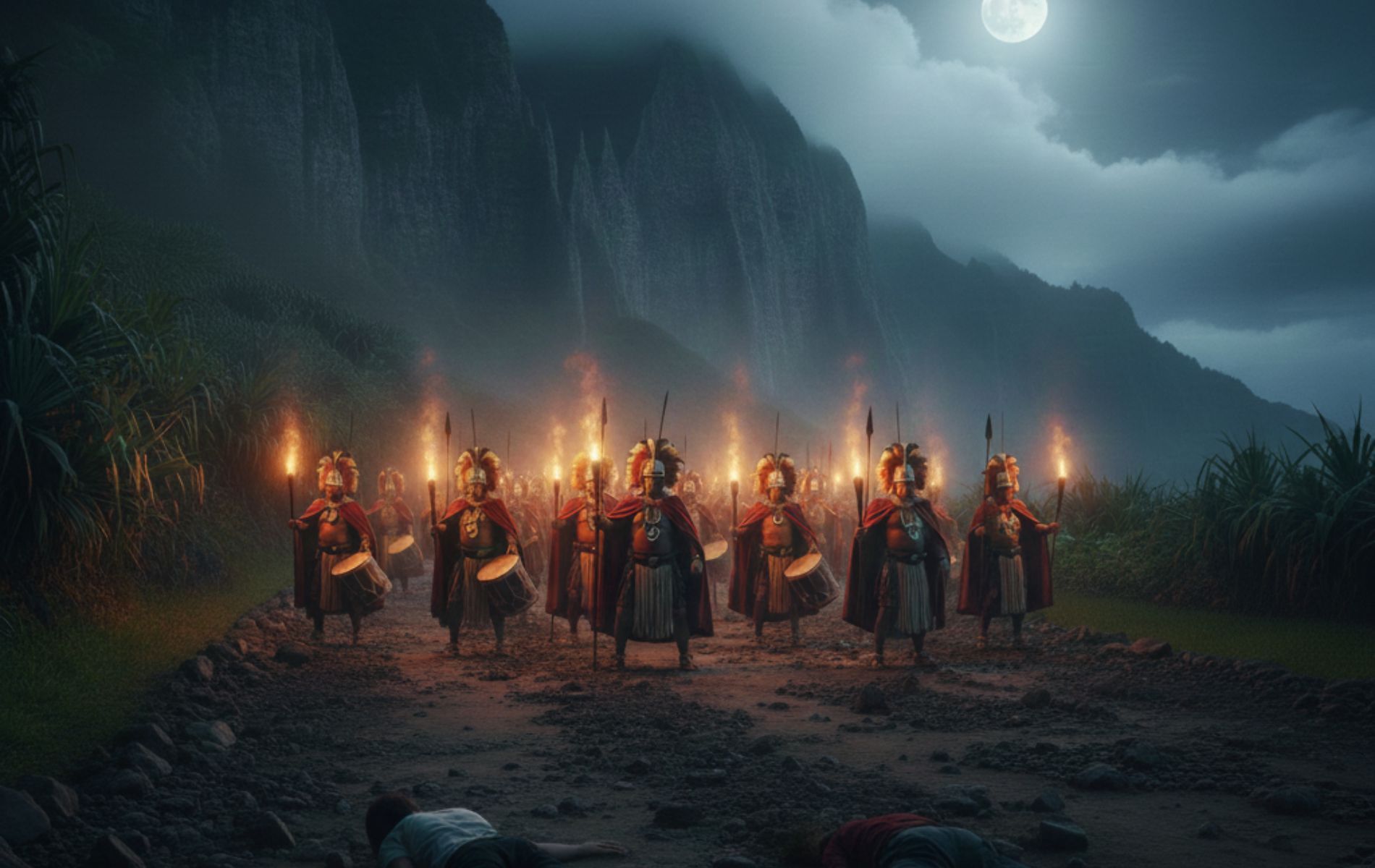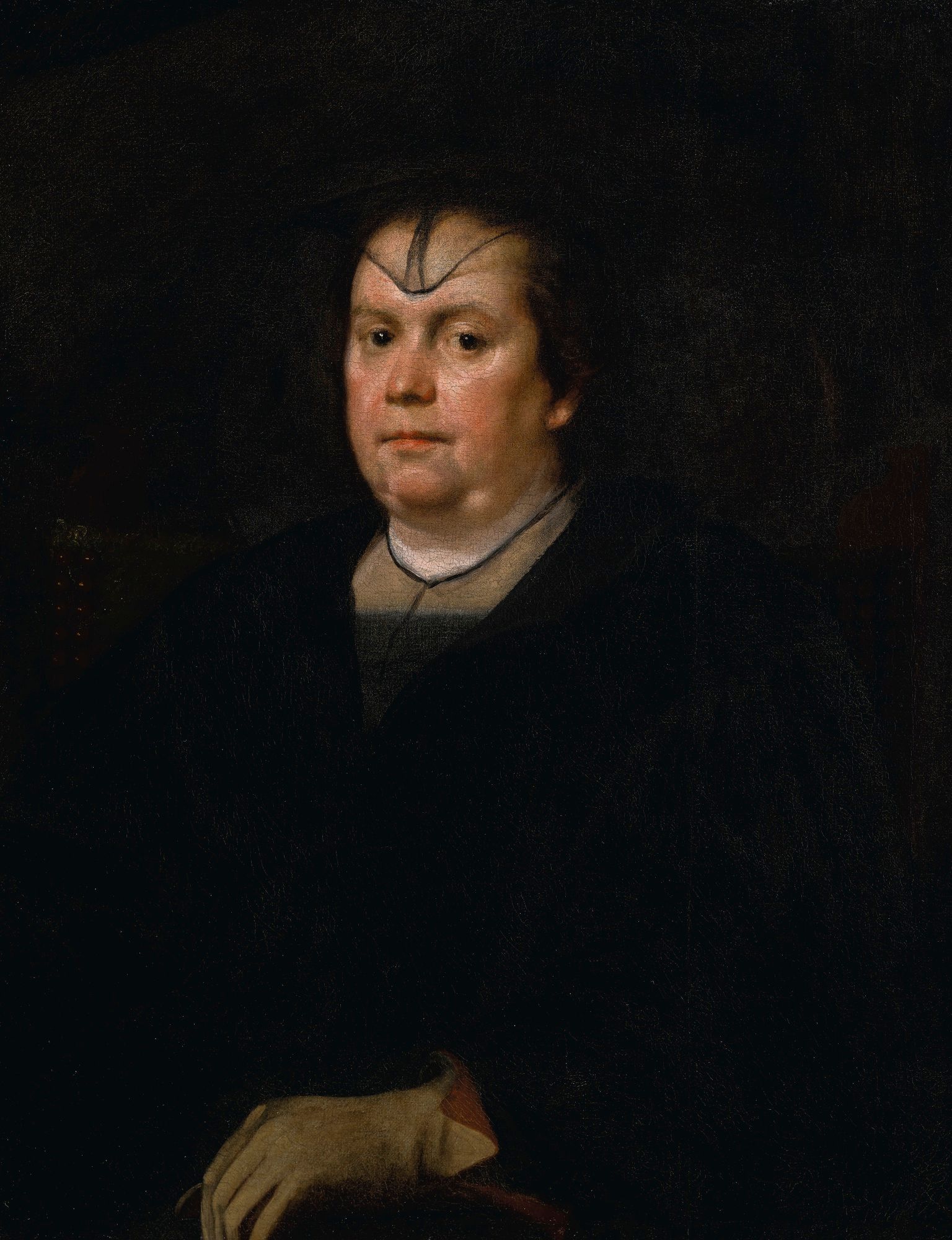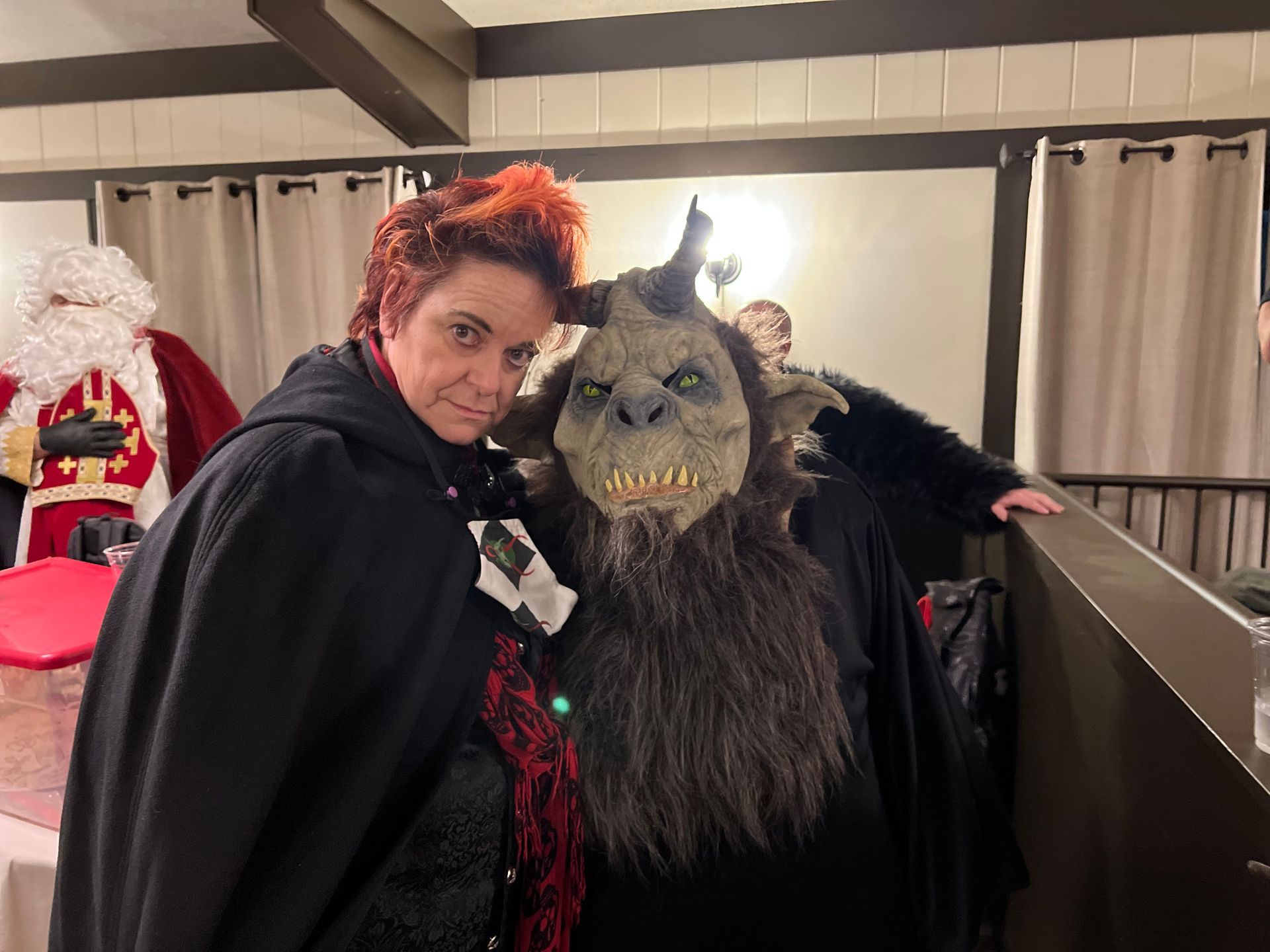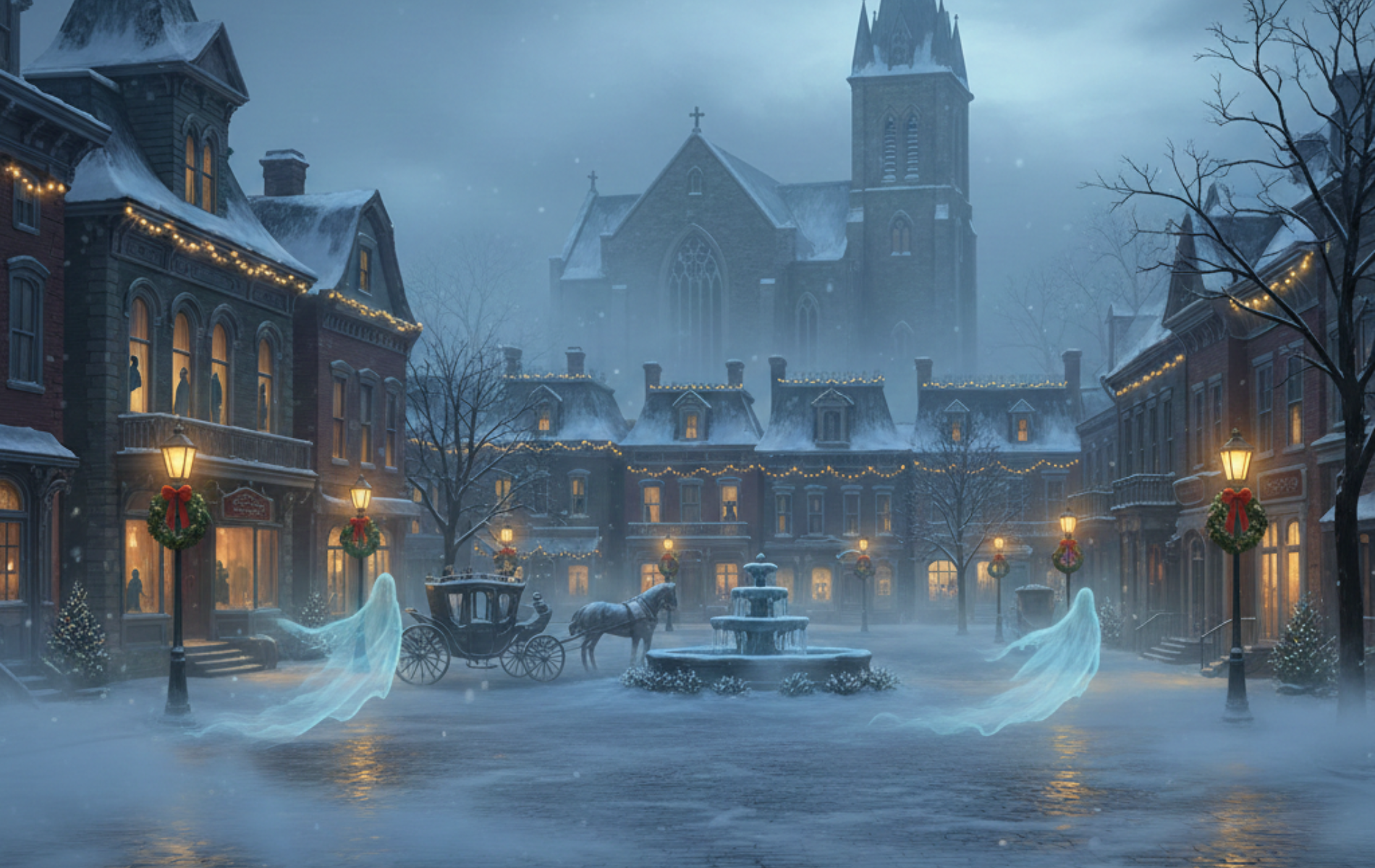How I Came to Believe in Fairies
As adults, we assume that children live in a world where reality and imagination hold equal sway, but this may not be as true as we think. Many paranormal researchers believe that much of what we pass off as “imaginary” in children may actually be part of a reality of which most adults are not aware. Sometimes, children may truly see things adults don’t.
The paranormal gift of seeing what others don’t is called clairvoyance. It is a real gift, but though few adults can claim it, we all seem to own it, for a little while from birth, for an unspecified amount of time. Over the centuries, no brand of clairvoyance has been more closely associated with children than the seeing of—and interaction with—fairies.
When my young daughters and I first moved into our flat on Chicago’s north side, not far from Wrigley Field, they began what would become a ritual of going out into the front garden each evening to “feed the fairies.” They built chairs and a table of twigs, which they placed in the dirt under the evergreen shrubs, lent their tiny tea set for the fairies’ use, and offered bits of cookies, raisins and diminutive bowls of milk and lemonade.
In 1922 the great Scottish writer Arthur Conan Doyle completed a divisive volume entitled The Coming of the Fairies, based on his two years of involvement in the controversial world of the so-called Cottingley Fairies. The alleged fairies were “captured” on a still-debated series of photographs taken by two young girls outside their home in Cottingley, England, which depicted what appeared to be fairies and even a gnome frolicking with the children.
Generations later, Elsie Wright and Frances Griffiths, cousins, publicly admitted to faking the photographs using cardboard cutouts. Still, they forever held that they had created the hoax to prove the existence of the very real fairies in their garden to non-believing grown-ups, particularly Elsie’s mother and father, with whom the girls were living. Frances maintained until her death that the fifth photograph in the series—which depicted a gathering of fairies but neither of the girls--was genuine.
The photographs first came to Conan Doyle’s attention via Edward Gardner, a well-known Theosophist, who received the prints from Polly Wright, Elsie’s mother, who at the time was developing an interest in Theosophy and other spiritual ideas. Though Gardner believed the photographs were authentic, Sir Oliver Lodge, one of the first practitioners of psychical research, pronounced at once that the prints—and the girls--were frauds.
Conan Doyle, however, was a practicing Spiritualist, having come to the religion after the closely-occurring deaths of his wife, his son, his brother, his two brothers-in-law and his two nephews. Eager to discover the truth behind the prints Conan Doyle asked Gardner to go to Cottingley to meet with Elsie and Frances, and to try to persuade the girls to take more photographs. Gardner found the girls believable and the family stable, and he left with the girls two new cameras and a stack of photographic plates, along with his rousing encouragement.
When new photos resulted, Gardner sent them on to Conan Doyle, then on a pro-Spiritualist lecture tour in Australia, who saw the fresh prints as the imminent “visible sign” of the spiritual world that had been promised by spirits in recent séances he had attended. Previously, Conan Doyle had published a selection of the initial photographs in an article for the Christmas issue of the wildly popular English magazine,
The Strand, which sold out within days. Controversy over the article had rocked the nation, opinion split fiercely between wide-eyed wonder and sheer disgust. But while Conan Doyle hoped the new photos would convince both the fence sitters and stalwart skeptics, he found himself, instead, the center of much of the lingering controversy: how could this brilliant man be taken in by the obviously deceitful antics of two country girls?
Much of the criticism of Conan Doyle that remains to this day can likely be credited to the public editions of the photographs themselves, as theorized by writer Barbara Roden. Roden suggests that the retouched images which were first printed—and continue to be—appear gravely fraudulent to modern critics, though the originals were much less sharp, the subjects much less defined and “flat” (one of the primary public criticisms over time).
The original photographs were sold at auction in 1998 as part of Frances’ collection for more than 21,000 pounds and appeared on a Belfast-based edition of Antiques Roadshow in 2009, along with the camera that had been given to Frances by Conan Doyle. Frances’ daughter also appeared on the show and talked about her mother’s embarrassment over her deceit, as well as her mother’s insistence that the fifth photo was real. As Roden writes, under the modern lens the case against Doyle emerges—like the photographs themselves--as “less clear-cut than critics would have us believe.”
What are Fairies?
Fairies have held a central place in children’s “imaginations” for centuries, but they were once a central part of the adult world as well. Over the ages, many theories have emerged claiming to identify what, exactly, they are.This theory would explain the disturbing dual personality of fairies. On the one hand, they are pictured as benevolent nature-lovers, caring for farm animals and the environment, friends to children, even prone to help with house and farm work.
On the other hand, fairies are more traditionally believed to be quite malicious. They were for centuries known for harming those who stood in the way of their activities or who did not give them gifts, typically indulgent foods. They regularly abducted or killed babies, misled travelers, burned barns, poisoned livestock and drowned those who wronged them.
Staying out of their paths and living grounds was the preventive antidote to their ill will. Stories even tell of houses being built with the front and back doors lined up over known fairy paths. These doors were left open at night no matter the weather, so that the fairies would be able to use their usual path without interruption.
In the late 1600s a Scottish native named Robert Kirk attempted to document the culture of his local fairy population in Aberfoyle. His illustrative book was published in 1691, and the Secret Commonwealth of Elves, Fauns, and Fairies laid out his findings to the world. Though Kirk’s tomb may be found in Aberfoyle yet today, locals swear all is not as it seems.
According to legend, his soul was abducted by fairies after he published his research, as he crossed a known “fairy hill” in the region. Reports claim that his body was left behind, appearing to be dead. After the burial, Kirk was said to have appeared in a dream of a close friend or relative, claiming that he was imprisoned in “Fairyland” and begging for help in his release. The tale tells that the relation was too scared to follow Kirk’s instructions, and that Kirk remains in Fairyland to this day.
Even in modern-day England, these curious tales persist. English native Janet Bord’s A Traveller’s Guide to Fairy Sites was published as recently as 2004; the volume has proved a very popular resource for those drawn to these mystical locales. Along with all of the expected legends, Bord shares some unnerving tales from several counties, including Yorkshire, home to the village of Cottingley, of Cottingley Fairies fame.
In the late 1980s, during construction of a new highway—the Stocksbridge bypass, reports were rife of so-called ghosts at Pearoyd Bridge. During these months, two security guards driving near the new road saw a group of very small children playing at the construction site just after midnight. After driving past them and realizing the oddity of the situation, they stopped the car and walked back to find out why they were there at that hour.
No one was to be found, and nary a footprint could be located, despite the ample muddiness of the area where the children had been seen. In the days that followed, the workers talked to construction workers at the road who admitted to hearing children singing each night in the same area, singing which would begin around 11pm and last into the wee hours.
Many locals came to believe that these visual and audio “apparitions” were not of ghosts at all, but of flesh and blood fairies. Much like ghosts, fairies are known to become more active during times when their turf is disturbed—during the rehabbing of a house, for example, or—in this case—the full-scale eradication of their natural lair.
The difference between the two situations is significant: ghosts may try to foil the project in some way—pulling up the new floorboards or breaking the new lights—or may simply appear more often, as if they are keeping an eye on the work’s progress. Fairies, however, are not so lenient. As mentioned, they are most known for their vindictiveness in the face of mistreatment and disrespect. Maiming, cursing, even killing are not unusual punishments in the eyes of fairies.
One wonders what fates befell the construction workers of the Stocksbridge bypass.
Fairies in ... Northwest Indiana?
One of the most unsettling and thought-provoking nights of my long career of ghost hunting found me, on a winter’s night in the late 1990s, at a farm in Northwest Indiana. I always call it “the first night I believed in fairies.”
The farm’s owner is a woman known simply as Luann among the hundreds of ghost hunters who have visited her property over many years, and over those years “Luann’s Farm” has become a point of pilgrimage for believers and skeptics alike, from every walk of life. Luann first began to wonder about her property when she moved in and the animals in the barn seemed “spooked” by something that Luann herself couldn’t see.
A visit by a clairvoyant brought Luann two pieces of astonishing news.
First, the clairvoyant said, the property where Luann’s barn stands is the site of a so-called “portal,” a doorway between the physical and spiritual worlds that had been opened by Native Americans during the time of Anglo settlement. According to Native American lore, many such portals were opened during the early and mid-19 th century, specifically to frustrate and terrify the white encroachers on Native American land, as tradition states that ghosts, demons and other disembodied entities must enter and exit the physical world via a portal that has been opened for this purpose.
Those living or working in portal areas are, according to sensitives, relentlessly surrounded by otherworldly creatures, which are also known to congregate at portal entrances, much the way the humans loiter at bus, plane or train terminals. Adding to the inconvenience and unease at such sites is the additional belief that beings coming in through portals tend to attach themselves to living, physical bodies, in order to stabilize themselves and travel more easily. Children or weak-willed adults, it is said, are most prone to these attachments.
As astonishing as this news was for Luann, nothing could prepare her for the clairvoyant’s second pronunciation: “You have fairies on your property.”
Shocked and disbelieving, Luann listened as her visitor, equally amazed, told her some facts about fairies: that they are extremely rare in North America, that they tend to congregate at portals in natural settings, and that those who have them living on their land are highly fortunate, as they bring good luck if you treat them well.
Luann naturally asked what she should do to please her fairies, and the clairvoyant said, “You have to feed them.” Of course Luann asked, “What should I feed them?” Her visitor told her that she had to experiment to see what they liked.
So Luann began the bizarre ritual of placing petri dishes of various foods and drinks in the barn and on the hill behind it too see what would go missing in the night. Oddly, foods one might expect to be eaten by animals remained each morning: bits of leftover meat—cooked and raw--, vegetables, milk, apples. What disappeared, finally, night after night, was what tradition could have dictated.
Fairies, again, are indulgent creatures. They live well and treat well, and when they are displeased, they punish well. Each morning Luann found only three things consistently gone: her tiny servings of fudge brownies, Jameson’s whiskey, and Starbucks’ Frappuccino.
Regularly sated with such luxuries, it seems the fairies have remained. They’ve given two varieties of evidence: good health, good fortune and other benefits to Luann herself—and another sort of evidence that has confounded literally hundreds of visiting paranormal researchers. I witnessed it myself.
When I visited Luann’s farm, I was taken into the barn along with about a score of other ghost hunters, as I was the guest that evening of a local ghost hunting club, whose meeting always took them to a haunted area site. Most of the others present had brought digital cameras, and they snapped many photographs as we entered the barn and made our way upstairs, to the area where the portal has been pinpointed, in the hayloft.
Now, “orbs” have been a subject of great controversy in ghost hunting circles over the years. These semi-transparent balls of white light that show up in photographs are believed by some to be balls of spirit energy, by others to be dust, moisture or other explicable culprits.
With more than twenty people walking into a hay-filled barn, one might well expect “orbs” to show up on film as the dust is disturbed by all of those footsteps. However, in Luann’s barn, nearly twenty cameras caught only a handful of them when we entered.
We settled down and stood or sat. When we were all quiet and unmoving, Luann began to speak to the fairies. “Don’t be afraid,” she said. “No one is here to hurt you, only to learn about you.”
She introduced me, as I had never been there before, and as she spoke the blackness was lit, again and again, by the flashes of the cameras going off, dozens of flashes a minute, as the others gathered snapped photo after photo. Luann asked the fairies to come to me, to come and meet me and, again, to not be afraid.
I felt, as the minutes went by, an increasing tingling sensation all around, of which I told Luann.
“Put out your hands to your sides, with your palms up, “she said. “And they will come to you.”
I did as I was told.
I stood, transfixed, in the most aware state I can remember, and it seemed I did feel something come to me and a tingling in my hands and fingers.
A few minutes later we went back to the house to look at the images that had been captured during our visit to the barn. To my astonishment, the photographs showed a definite progression of events. As mentioned, when we entered the barn at first, trampling hay everywhere, a couple of little dust orbs showed up in the digital camera frames of my fellow ghost hunters.
It was when we were perfectly still, however, as Luann began her soothing monologue, that they began to gather. And the more she talked, the more she reassured her fairies, and the more still we stood , the more orbs gathered around me.
And, sure enough, when she asked them to come to me, into my hands, there they were.
The barn was lit with the flashes of a dozen cameras, and their frames all captured the scene. When I looked at them, I was deeply quieted. In each one, there I was: standing, shivering in an Indiana barn at midnight, arms outstretched, with a rapturous expression on my face—and my hands filled with little balls of light.
Dive deeper into the mysterious world of hauntings with our curated collection of paranormal investigations and ghostly encounters. Read more stories like this in “Ghosts of Lincoln Park: A Chicago Hauntings Companion” by Ursula Bielski, a book of downtown Chicago ghost stories written by our own American Ghost Walks team. Click here for more.
Dive deeper into the mysterious world of hauntings with our curated collection of paranormal investigations and ghostly encounters. Read more stories like this in “The Original Chicago Hauntings Companion” by Ursula Bielski, a book of Chicago ghost stories written by our own American Ghost Walks team. Click here for more.
Are you fascinated by the supernatural and craving more spine-tingling tales? Whether you're a skeptic seeking evidence or a believer looking for your next supernatural fix; "American Ghost Books" offers everything from historical haunted locations to firsthand accounts of paranormal experiences. Each book has been carefully selected to provide authentic, well-researched stories that will keep you turning pages well into the night.
Don't let your curiosity about the supernatural remain unsatisfied – explore our collection and find your next ghostly adventure today! Join us on one of our thrilling ghost tours and experience the paranormal firsthand.
Moreover, you may also check out our
Google Business Profile Reviews to see what others have encountered!

